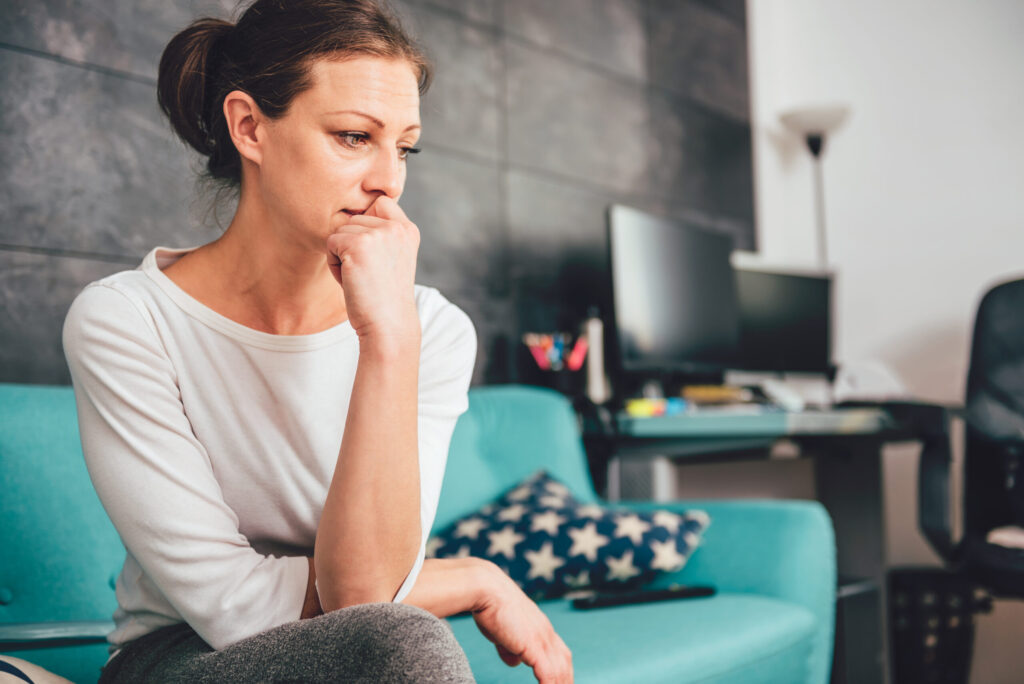Managing Depression and Anxiety During the Pandemic

These difficult and unprecedented times posed by the coronavirus pandemic have increased the stress levels of people worldwide. For some, the uncertainty surrounding this global crisis can lead to significant anxiety.
For others, the unintended effects of social distancing or isolating yourself from others, such as loneliness, increased financial pressure, or loss of routine can contribute to feelings of depression. And one of the most challenging aspects is the apparent lack of control we all feel during this time.
While we all are different people and experience different emotions in response to these challenges, here are helpful steps you can take to manage depression and anxiety:
Differentiate between what is in your control versus what’s not
When we feel helpless, we naturally try to regain a sense of control. The problem is that during this process, we often develop behaviors which lead to an “illusion of control.” These behaviors may provide short-term relief for anxiety and stress, but in the long-term they prevent us from engaging in more healthy and adaptive behaviors which would be more likely to provide continuous relief.
With this in mind, it’s important to ask yourself whether or not the various activities you’re engaged in are providing genuine relief, or if they’re only providing an illusion of control.
Physical wellness
Engaging in consistent exercise and maintaining a balanced diet both can help our physical and emotional wellness. Two common responses to stress are overeating and decreasing activity. Unfortunately, both of these responses can negatively impact our emotional and physically wellbeing. As much as possible, try to maintain some level of exercise and healthy eating.
Maintain a routine
Create a consistent routine and schedule for your day that’s similar to when you weren’t stuck in quarantine. Getting dressed in the morning and maintaining normal mealtimes, sleep routines etc. help provide a sense of normalcy and stability within these crazy times. More importantly, maintaining a steady routine can help ensure that you’re “getting what you need” out of your day.
Most people thrive from the right balance of activities which help us feel productive, connect to others and/or have fun. Research shows that increasing such activities in your daily schedule can often be as effective in improving depressive symptoms as many forms of therapy. Make sure that your schedule includes the type of activities that speak to you and meet your needs.
Control the influx of negative information
Imagine the impact on your mood if you were forced to watch an extremely sad movie repeatedly for multiple hours, days or even weeks. While we cannot and should not ignore the news related to the current situation, we also cannot expect to feel like ourselves if we are constantly directing our attention toward negative news. Set specific times for checking the news and avoid doing so during the rest of your day.
Find “opportunities” within the current situation
While we would never wish the current situation upon anyone, it is important to consider how these unique circumstances create opportunities for personal growth. Some of us are spending more time with our children, having more time to reach out and deepen relationships with significant others, or learning to appreciate the aspects of everyday life which we have previously taken for granted.
If you would like a one-time, 30-minute consultation with one of JSSA’s mental health professionals, click here.
